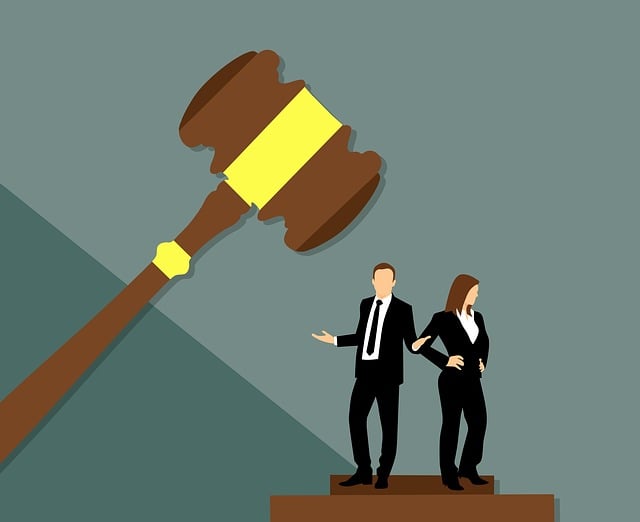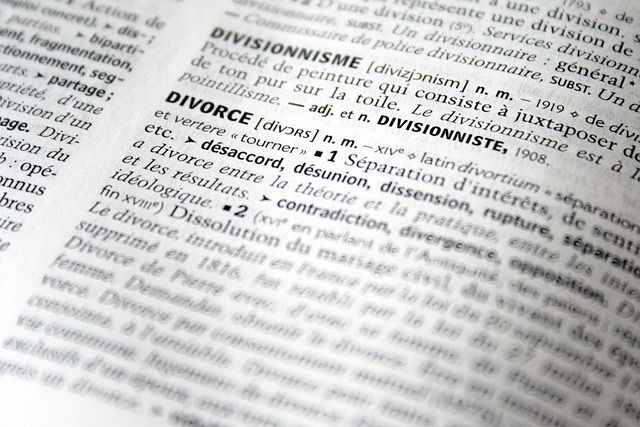Consumer protection suits safeguard individual rights against unethical business practices like deceptive marketing, unfair pricing, and product safety issues. Both businesses and consumers must understand this legal framework. When partnerships sour, strategic steps to dissolve them amicably are crucial, beginning with legal counsel drafting separation agreements. This process ensures fair division of assets and liabilities, avoiding court-ordered dissolution. In cases involving consumer protection lawsuits or business disputes, resolving conflicts out of court through communication and negotiation is cost-effective and maintains positive relationships. Early intervention leads to tailored agreements, fostering cooperation for future partnerships.
Consumer Protection Suits: Navigating Legal Paths for Justice and Resolution. When business partnerships sour, understanding consumer protection laws is crucial. This article guides you through the complexities, offering insights on both amicable dissolution and legal action. Learn about your rights and the regulations that protect consumers. Discover strategies to avoid lengthy court battles, focusing instead on out-of-court dispute resolution. Key topics include when to file a lawsuit, the filing process, and effective alternative methods for resolving business disputes peacefully.
- Understanding Consumer Protection Suits: Rights and Regulations
- When Amicable Dissolution is Not Possible: Legal Steps to Take
- The Process of Filing a Lawsuit: What to Expect
- Strategies for Resolving Business Disputes Out of Court
Understanding Consumer Protection Suits: Rights and Regulations

Consumer Protection Suits are legal actions taken to safeguard the rights of individuals and ensure businesses operate ethically and responsibly. These suits arise when a company or individual violates consumer protection laws, which vary across jurisdictions but generally aim to prevent deceptive practices in marketing, unfair pricing, and product safety issues. When consumers feel their rights have been infringed upon, they can file lawsuits seeking damages, restitution, or injunctive relief to stop harmful business activities.
Understanding the legal framework behind these suits is crucial for both consumers and businesses. In many cases, companies may face high-stakes cases involving significant financial implications and an unprecedented track record of misconduct. For instance, Steps to Dissolve a Business Partnership Amicably can be a strategic move to avoid indictment and mitigate potential legal consequences. Consumer protection regulations are designed to promote fairness, transparency, and accountability in business transactions, ensuring that consumers have the power to hold businesses accountable for their actions.
When Amicable Dissolution is Not Possible: Legal Steps to Take

When disagreements or disputes arise within a business partnership, not all conflicts can be resolved amicably. In such cases, legal steps may be necessary to dissolve the partnership and protect the rights of all parties involved. The process involves several key steps that are designed to ensure a fair resolution, especially in high-stakes cases where an unprecedented track record of success is essential.
First, it’s crucial to consult with experienced legal counsel who can guide you through the complexities of business dissolution. They will help draft and negotiate separation agreements that address the division of assets, liabilities, and any ongoing obligations. This stage is critical in preventing future disputes and ensuring a clean break. If negotiations fail or the partnership has already reached an advanced state of dysfunction, filing for legal dissolution through the courts may be the only option remaining. This process can be intricate and expensive, but it provides a structured framework for resolving all outstanding issues, allowing each party to move forward with their business ventures across the country.
The Process of Filing a Lawsuit: What to Expect

When considering the steps to file a consumer protection suit, it’s crucial to understand the process involves careful navigation through legal channels. The journey begins with gathering substantial evidence and documenting all interactions with the business in question. This includes collecting relevant contracts, correspondence, purchase records, and any other documentation that highlights alleged violations of consumer rights.
The actual filing process involves submitting a complaint to the appropriate court or regulatory body. For disputes involving corporate and individual clients, this might be a state or federal court, depending on jurisdiction and the severity of the case. The complaint outlines the plaintiff’s claims, seeking redress for damages incurred due to faulty products, misleading marketing, or unfair business practices. While many cases resolve through settlement negotiations, achieving extraordinary results may necessitate a jury trial, where both sides present their cases before an impartial jury determines liability and compensation.
Strategies for Resolving Business Disputes Out of Court

In the realm of consumer protection suits, resolving business disputes out of court can be a strategic and effective approach. One of the key steps to dissolve a business partnership amicably is through open communication and negotiation. Both parties should engage in discussions to understand each other’s perspectives and concerns, aiming for a mutually beneficial solution. This process often involves identifying the root causes of the dispute and finding creative ways to address them without escalating to litigation.
An unprecedented track record of successful negotiations demonstrates the value of early intervention. Businesses with a proven ability to achieve extraordinary results through amicable settlements can significantly reduce legal costs and maintain a positive relationship. Moreover, this approach allows for more flexibility in crafting agreements that cater to the unique needs of each business, ensuring satisfaction for all involved parties. Winning challenging defense verdicts is not always the desired outcome; achieving an agreement that meets the objectives of both sides can be a game-changer, fostering a cooperative environment and setting the stage for future partnerships.
Consumer protection suits play a vital role in ensuring fair business practices, safeguarding consumer rights, and providing recourse when partnerships or transactions go awry. Whether through amicable dissolution or legal action, understanding the processes involved—from recognizing rights under regulations to employing strategies for out-of-court resolutions—empowers individuals and businesses alike to navigate disputes effectively. By embracing proactive measures, such as knowing when to take legal steps, one can minimize conflicts and foster healthier business relationships in the long run, ensuring a harmonious and transparent commercial landscape.






